Rafako: Polish power plant supplier turned e-bus builder
It took Poland’s Rafako no more than three years to develop an electric bus. A specialist for power plant systems by default, Rafako now wants to serve a niche with its 8.5-metre city bus model. Yet, competition from Polish top dog Solaris and Chinese manufacturers is fierce.
***
It was a special moment when on 17 December 2019 the first electric buses by Rafako took to test drives in the Polish city of Toruń, home to 200,000 inhabitants. Not only is the buses’ design unique: unlike competitors, Rafako did not install the batteries on the roof but in the vehicle’s floor. As a result, the city buses are only 3.20 meters high despite the electric drive. However, what made the moment even more particular is not just the battery installed inside the chassis, but the manufacturer itself: Rafako doesn’t build buses, let alone vehicles, until now.
The Polish company is known for equipping plants for power stations and has only been developing 8.5-meter-long e-buses for city traffic and for driving children to school for three years. The electric buses can accommodate 65 passengers, with 23 regular seats and two fold-out seats. According to company spokesman Marek Marczak, the first school bus model (Gymbus) is set to complete the test and development phase in 2020.
Rafako’s main aim in building electric buses is to close a gap in the domestic market. In principle, Poland exhibits a high demand for e-buses – municipal and communal public transport companies are renewing their often outdated fleet through tenders. The timing is favourable, as the economic situation allows many transport companies to invest in new and innovative solutions. Besides, the EU has made subsidies available for climate-friendly solutions in particular, which make the purchase of e-buses additionally financially attractive. The Polish Agency for Industrial Development (ARP) estimates the demand for electric buses in Poland at up to 800 units in the coming years.
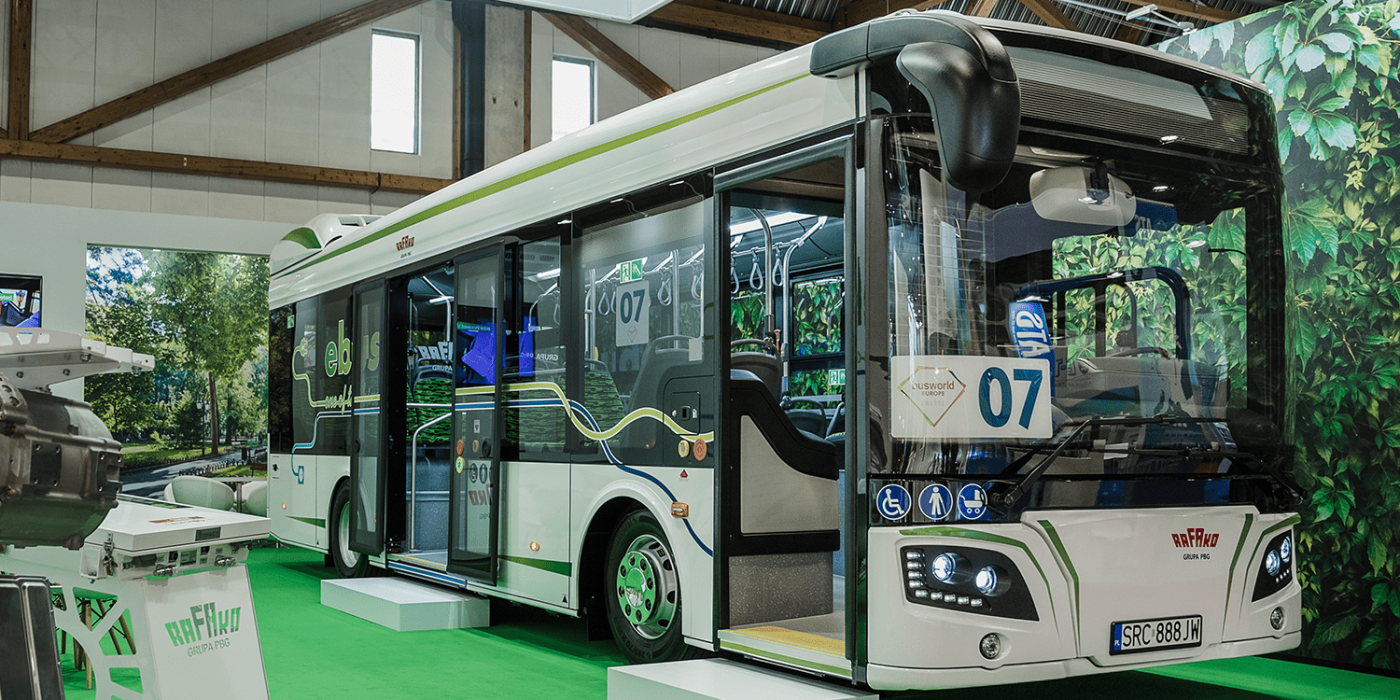
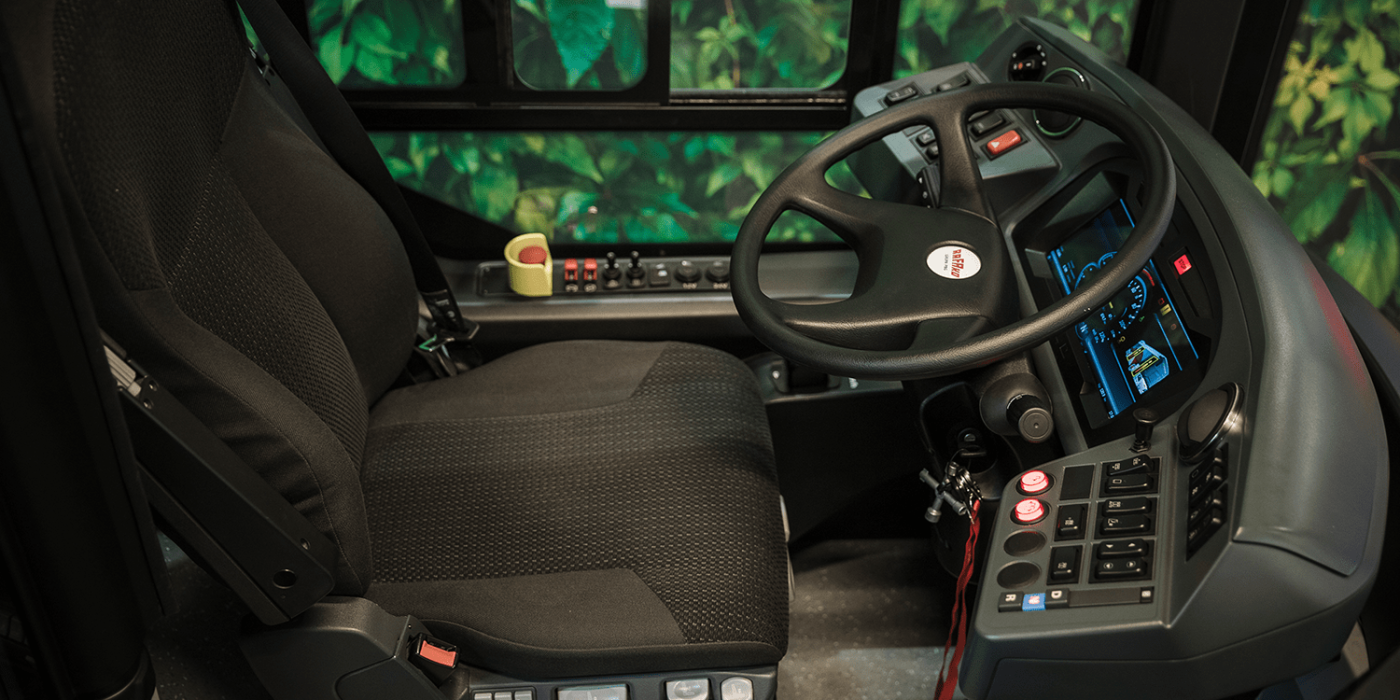
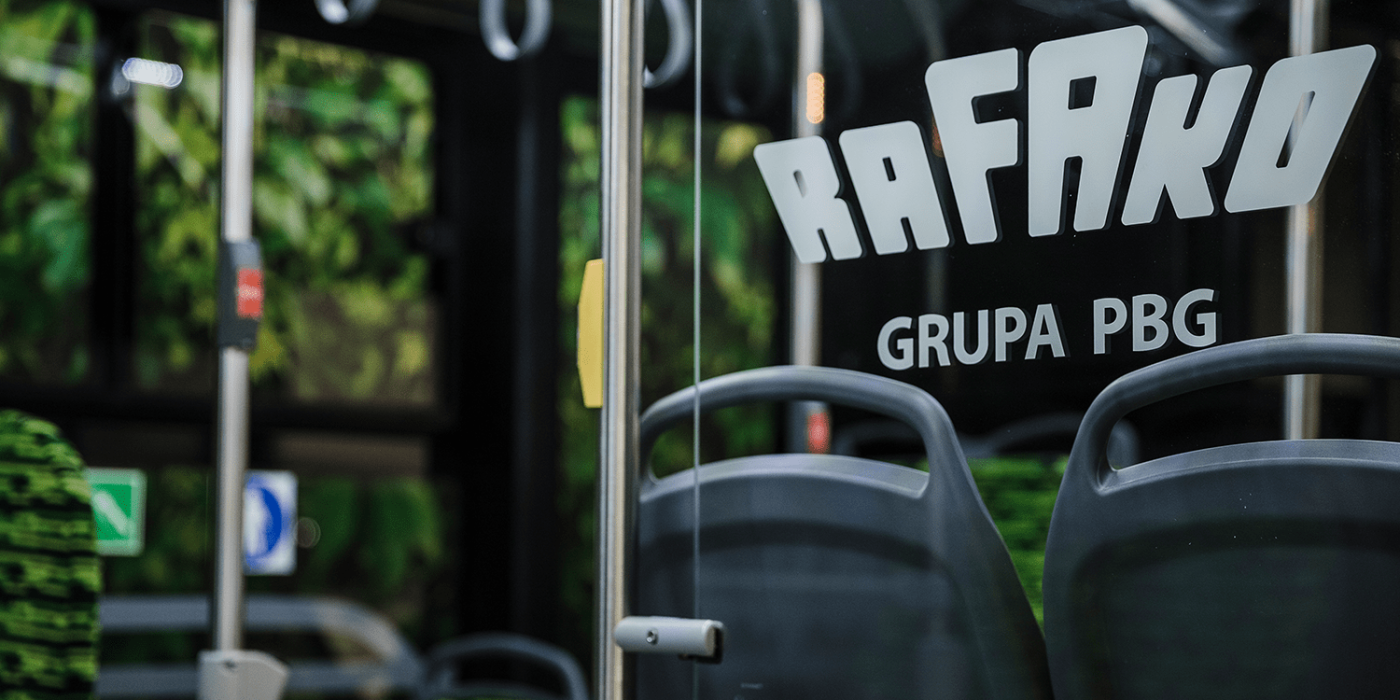
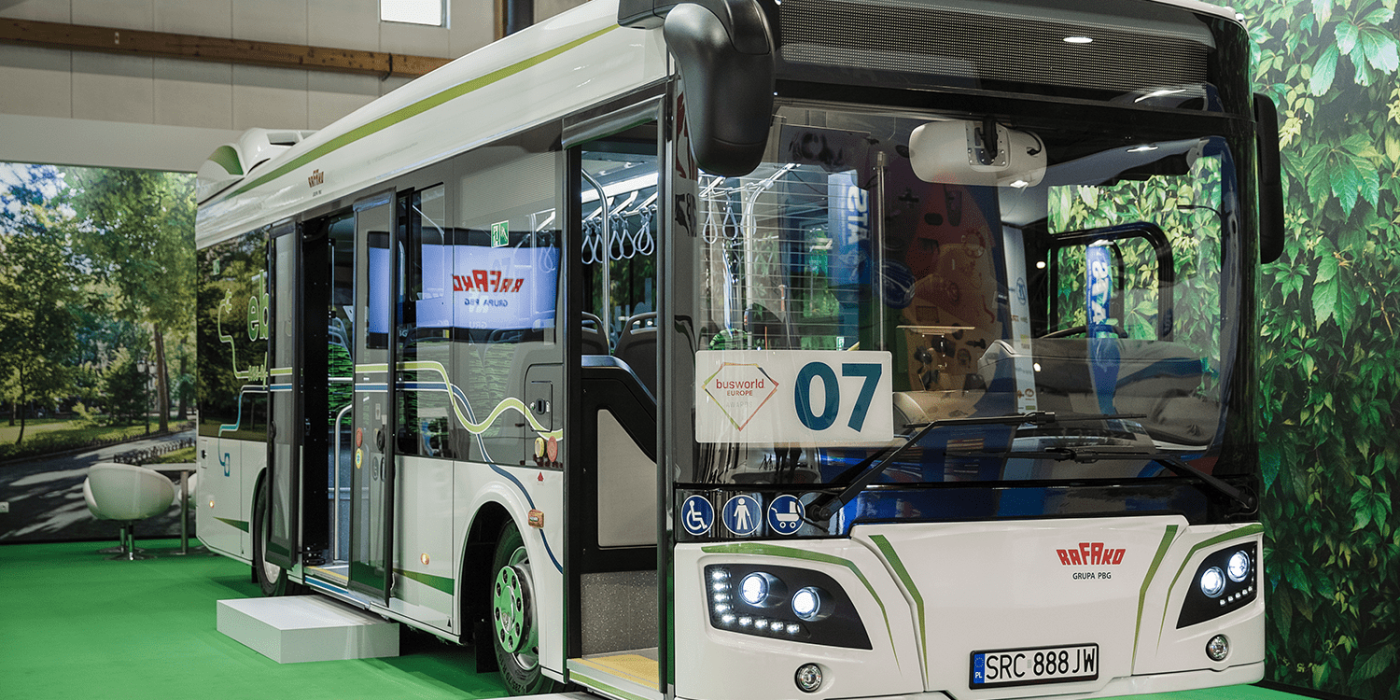
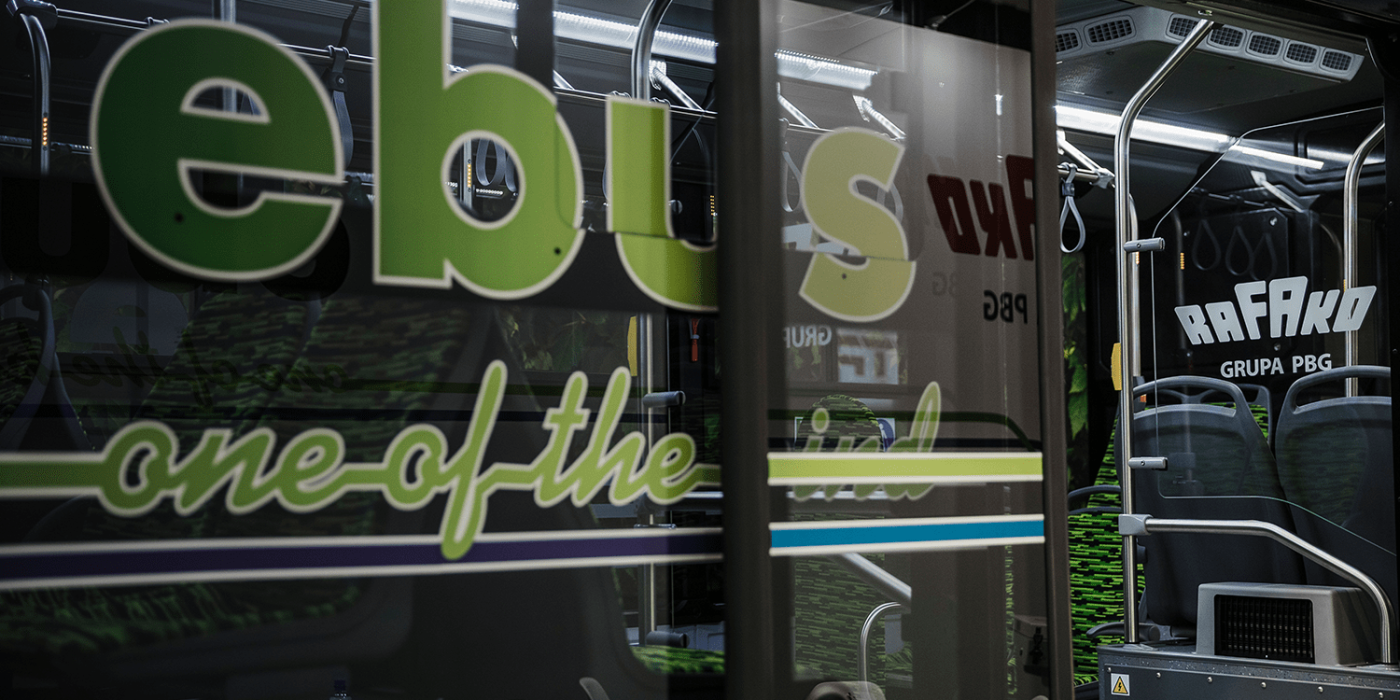
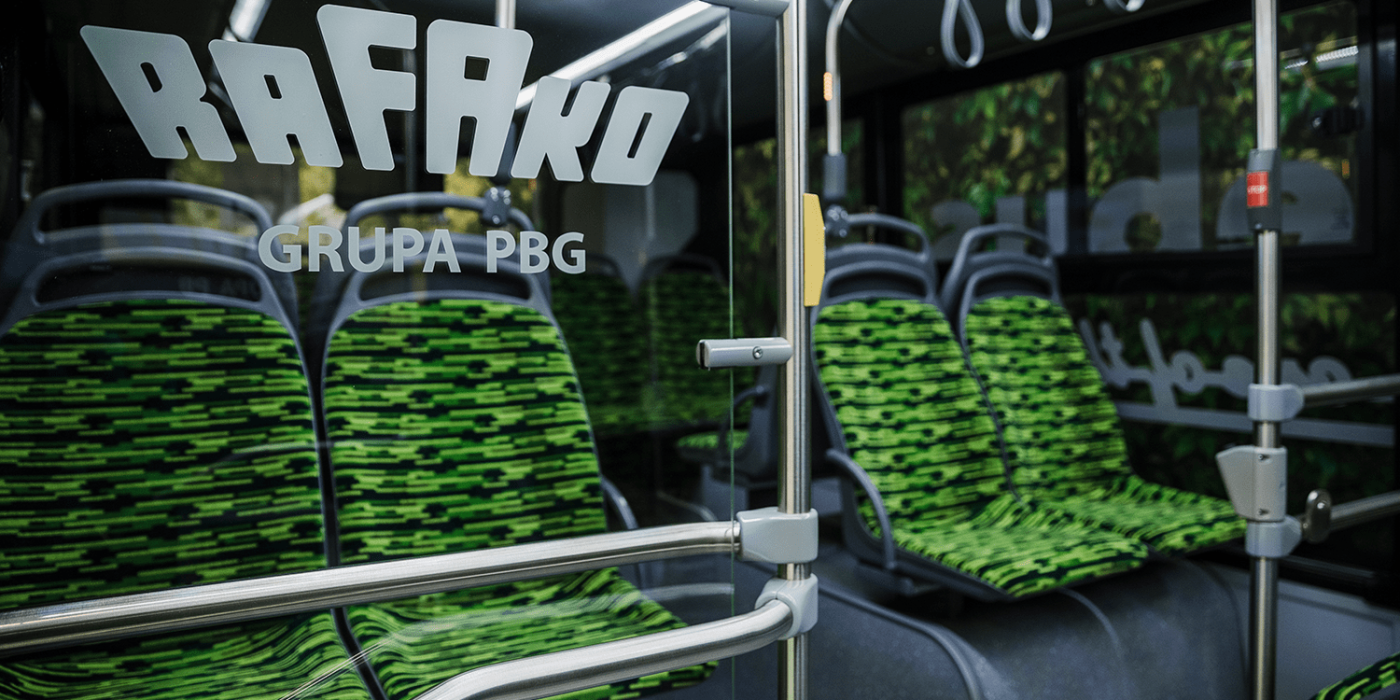
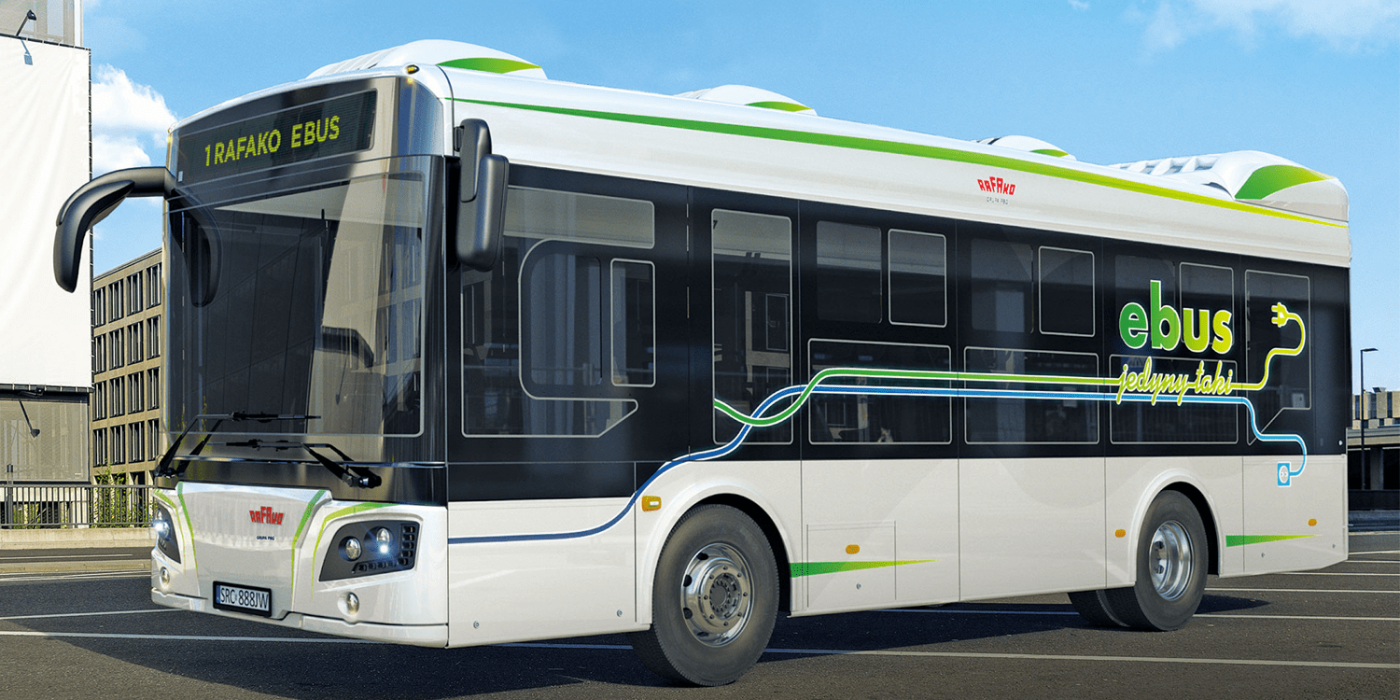
However, Solaris is already a powerful and experienced competitor and for good reason. “At present, the most important e-bus manufacturers, such as Solaris and Volvo, prefer to produce in Poland because they can find good and experienced workers here,” says Marek Marczak. “Well-known and large Polish bus manufacturers, such as Autosan and Jelcz, have built up a solid base of development performance over decades, which still pays off today.” In other words: skilled workers are available.
Still, given the high demand for electric buses, Rafako wants to use his engineering expertise and infrastructure to occupy a specific niche and avoid direct competition with Solaris and Co. Competition among e-bus manufacturers in the Central Eastern European region is particularly fierce in the 12-metre e-bus segment intended for urban transport. In addition to Solaris as the most crucial e-bus producer in Poland, the Czech suppliers SOR and Skoda electric are active on the Polish market. Also, Chinese bus manufacturers are increasingly trying to gain a foothold there. BYD already won a tender for e-buses in Warsaw in 2014. In November, Yutong announced in the Polish specialist portal infobus.pl that the company’s representative office in Poland would be managed by Marcin Kucharski, an acknowledged industry expert.
Since a new company is likely to face considerable obstacles in entering the market for the longer electric city buses, Rafako wants to focus on the 8.5-metre vehicle segment. So far, only the Turkish manufacturer Karsan has managed to complete tenders in this area. However, Solaris’ Urbino 8.9 LE electric is also likely to be a strong competitor for Rafako on the domestic market.
The electric school buses feature strongly in Rafako’s strategy, that aims to meet the needs of medium-sized and smaller municipalities. School transport requires special interior equipment, such as smaller seats and child-friendly seat belts. According to Rafako, the company has extensively studied the relevant specifications.
As far as the technology is concerned, Rafako is drawing on the developments of Polish battery developer Impact Clean Power Technology from Warsaw. Impact already supplies Karsan, Irizar, Temsa and Solaris with batteries of type High Power and High Power Energy.
Rafako offers LTO-based (lithium titanate) batteries with 63 kWh and lithium-nickel-manganese-cobalt batteries with 142 kWh. For urban traffic and school buses, the NMC battery has a range of 150 km and is charged by cable but no faster than at 22 kW. In urban transport, on the other hand, the range is shorter, but the electric bus can be recharged within 15 minutes using a quick charger.
About the author:
Aleksandra Fedorska is a Polish-German political scientist and publicist. She works as a correspondent for Polish and German media in the fields of energy policy and e-mobility. Fedorska lives and works in the German town of Jagel in Schleswig-Holstein and the Polish city of Poznań. Most recently she reported for electrive on the electric bus boom in Poland and the country’s subsidy programme for electric vehicles.
>> Translation and edit by Nora Manthey.

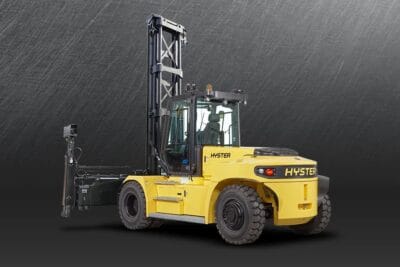
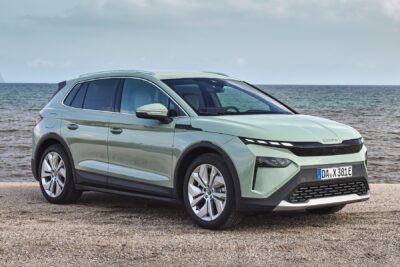
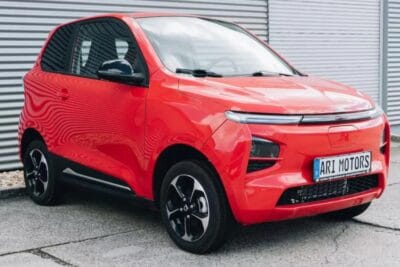
0 Comments